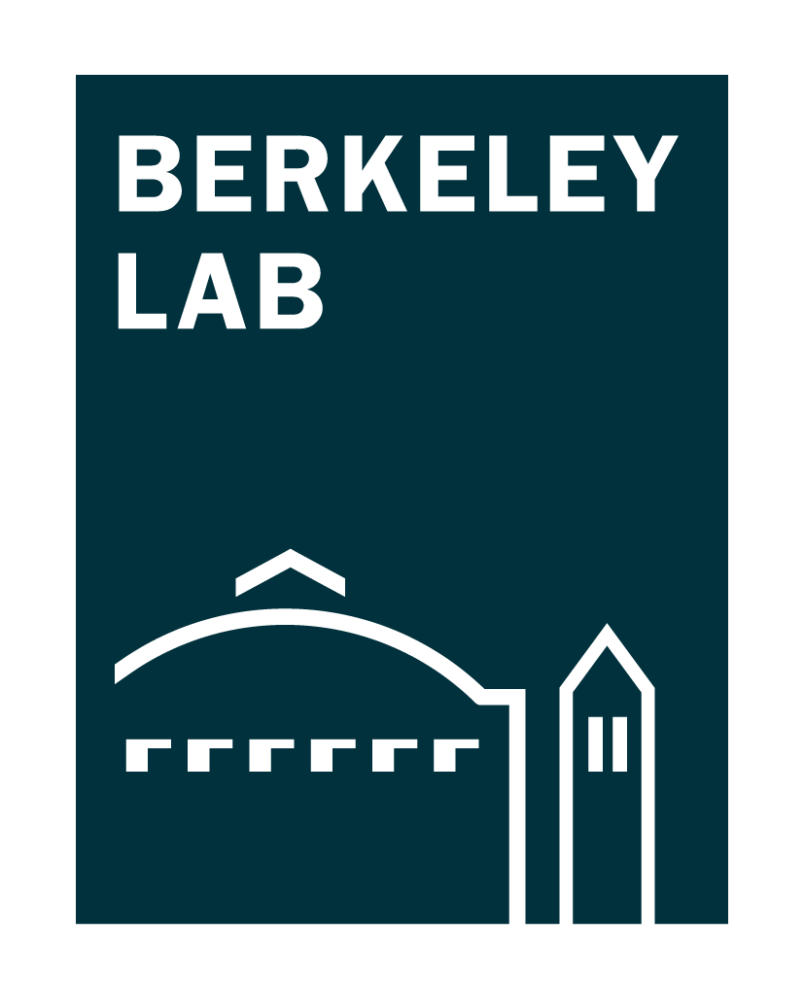The Demand Side Management (DSM) Project, a collaboration between USAID and Berkeley Lab in South Africa (SA), addressed the load shedding crisis in SA by emphasizing energy efficiency strategies
The Demand Side Management (DSM) Project, a collaboration between USAID and Berkeley Lab in South Africa (SA), addressed the load shedding crisis in SA by emphasizing energy efficiency strategies in the Energy Efficiency Business Intelligence webinar. Project experts, Theo Covary, Dr. Yu-Chieh (Jessie) Yen, and Prof. Ken Nixon, focused on DSM, highlighting significant reductions in power demand and energy consumption in the water heating sector which contributes 20% to the winter peak energy demand in the country. With 701 unique attendees, including stakeholders from municipalities, private sector, and regulatory/government sectors, including the Office of the President, these expert seminar series increase comprehension of how DSM programs swiftly and sustainably save energy.
So what? Properly planned DSM strategies in the water heating sector can aid South Africa’s national and local governments in managing the ongoing crisis.

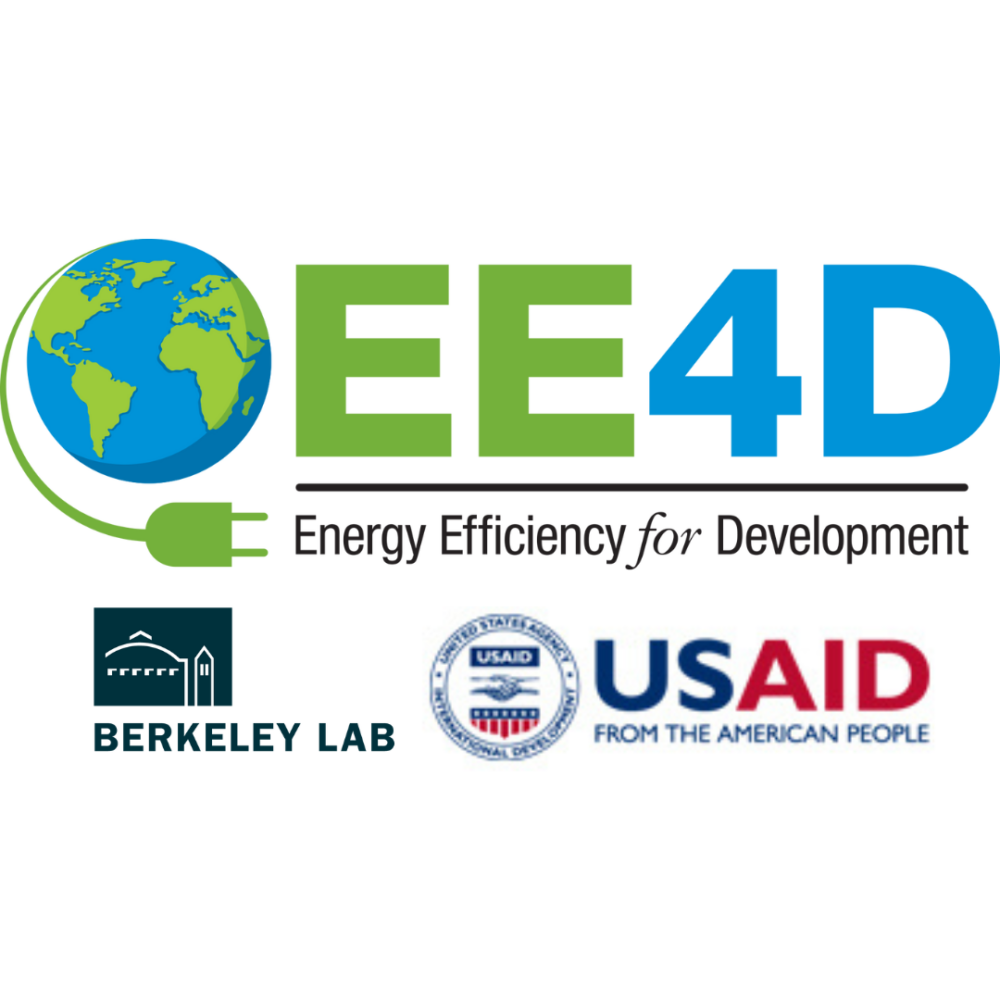

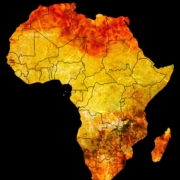
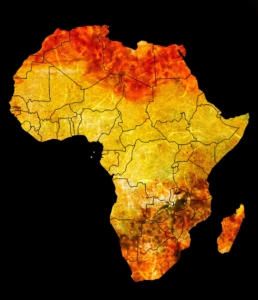 USAID’S Scaling Up Renewable Energy (SURE) program convened a webinar on October 27th, 2022 with participation by TetraTech, CLASP and LBNL to identify potential energy efficiency interventions in Sub-Saharan Africa (SSA), region that is experiencing a rapid population growth and increased energy demand in the sectors of transportation, cooling, buildings and agriculture.
USAID’S Scaling Up Renewable Energy (SURE) program convened a webinar on October 27th, 2022 with participation by TetraTech, CLASP and LBNL to identify potential energy efficiency interventions in Sub-Saharan Africa (SSA), region that is experiencing a rapid population growth and increased energy demand in the sectors of transportation, cooling, buildings and agriculture.
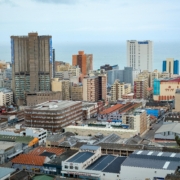
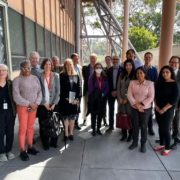
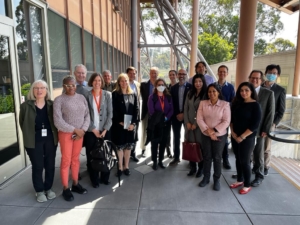 Michael McNeil, Energy and Environmental Policy Research Scientist at Berkeley Lab, provided a briefing on recent work from EE4D in South Africa and Uganda, followed by a briefing from Geothermal Systems Program Lead Pat Dobson on geothermal energy collaboration in Kenya and the Lab’s incubation program for innovative clean tech companies. Discussions also included collaboration on the Net Zero World initiative. The briefing allowed USAID/Power Africa to identify potential areas of collaboration with Berkeley Lab to advance low carbon objectives and explore funding mechanisms.
Michael McNeil, Energy and Environmental Policy Research Scientist at Berkeley Lab, provided a briefing on recent work from EE4D in South Africa and Uganda, followed by a briefing from Geothermal Systems Program Lead Pat Dobson on geothermal energy collaboration in Kenya and the Lab’s incubation program for innovative clean tech companies. Discussions also included collaboration on the Net Zero World initiative. The briefing allowed USAID/Power Africa to identify potential areas of collaboration with Berkeley Lab to advance low carbon objectives and explore funding mechanisms.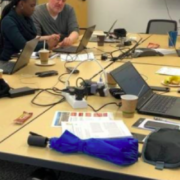
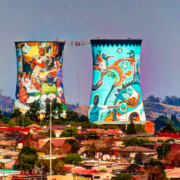
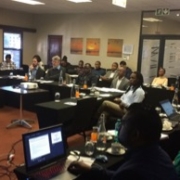
 The Department of Energy of South Africa and the South African National Energy Development Institute (SANEDI) hosted a workshop on July 31st on Energy Efficiency Modelling in the Residential Sector. The workshop gave the opportunity for DOE to present the modeling methodology, assumptions and results of the new tool developed in collaboration with LBNL and USAID to demonstrate the multiple benefits of the revision of the Standard and Labeling program. More than 30 people from government agencies, the private sector, universities and NGO attended the workshop and provided meaningful feedback to be integrated in a final report. The final report will describe the modeling tool and will provide a high level summary of the costs to the government and benefits for the country of revising the S&L program.
The Department of Energy of South Africa and the South African National Energy Development Institute (SANEDI) hosted a workshop on July 31st on Energy Efficiency Modelling in the Residential Sector. The workshop gave the opportunity for DOE to present the modeling methodology, assumptions and results of the new tool developed in collaboration with LBNL and USAID to demonstrate the multiple benefits of the revision of the Standard and Labeling program. More than 30 people from government agencies, the private sector, universities and NGO attended the workshop and provided meaningful feedback to be integrated in a final report. The final report will describe the modeling tool and will provide a high level summary of the costs to the government and benefits for the country of revising the S&L program.